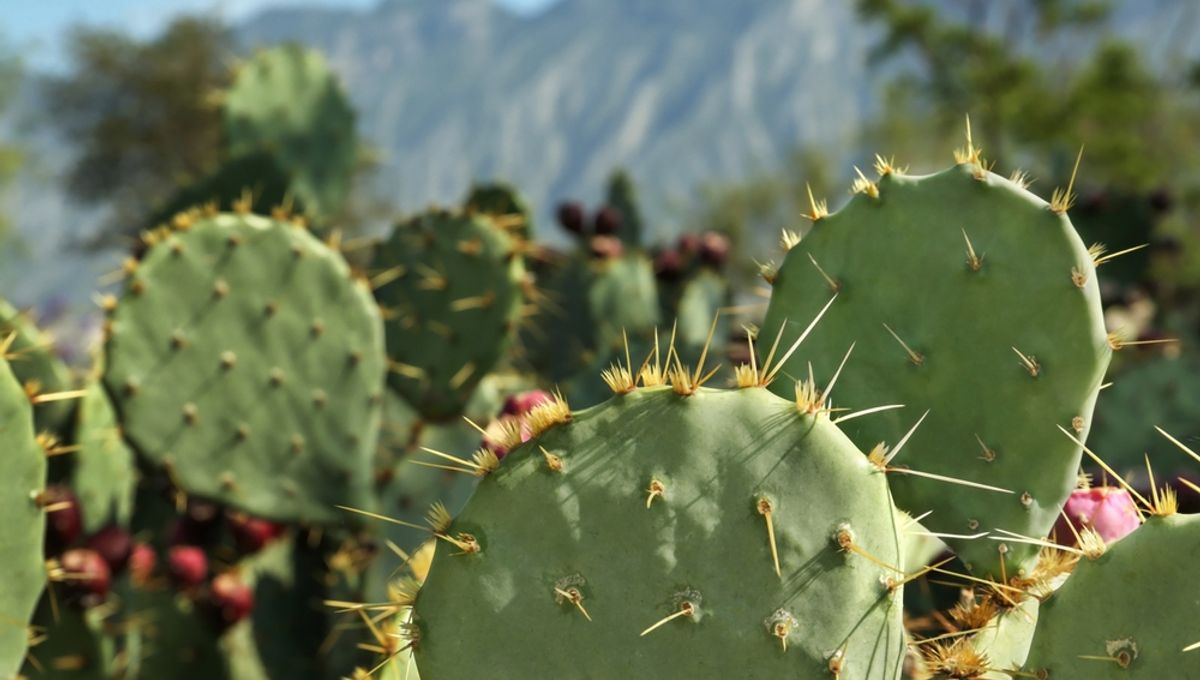
When you think of the Swiss Alps, you probably picture gorgeous snow-covered mountains, or maybe you’re reminded that they’re a great place to find an ichthyosaur. You don’t, we would imagine, envisage cacti covering the slopes. But that is the reality in some parts, as invasive species are spreading in the region thanks to climate change, putting ecosystems at risk.
In the canton of Valais, cacti belonging to the genus Opuntia, better known as prickly pears, are popping up where they’re not wanted. Usually found in hot and dry climates, the invaders made their way over from the Americas, where they are native, 250 years ago.
Since then, they’ve expanded their prickly range and now cover up to one-third of the available land in some parts of Valais, according to Yann Triponez, a biologist who works in the canton of Valais’ nature protection service, per The Guardian.
So far, nine species, four of which are particularly invasive, have been discovered in the canton. Their proliferation is damaging other plants in the area and as such is a threat to biodiversity.
“When you have these cacti, nothing else grows,” Triponez told The Guardian. “Each pad covers the soil and prevents other plants from growing through.”
As the climate warms and the Alps get hotter, plants have longer vegetation periods and snow cover is reduced, which has left the door open for invasive cacti species.
Opuntia prefer hot climates but can easily survive temperatures as low as -15°C (5°F), retired geology professor and botanist Peter Oliver Baumgartner told The Guardian. What they can’t stand, however, is the damp: “they want to be in a dry place and don’t like snow cover.”
They’ll be rubbing their spines together, then, as climate change continues to deplete snow cover. One recent study found that snow covered the Alps for over a month less than historical averages, “a decline that is unprecedented over the last six centuries,” the authors write.
Increasing temperatures are throwing up other curve balls in the Swiss Alps, including the discovery of human remains, as well as 50-year-old plane crash wreckage.
As for the cacti, attempts to rid the slopes of the invaders have struggled to get off the ground. Opuntia have long roots and are tough to eradicate: they can survive being trampled, dried, and even uprooted.
“We can restrict them,” Baumgartner told The Guardian, “but I don’t think we can get rid of them.”
[H/T: The Guardian]
Source Link: Cacti Are Thriving In Snowless Alps As Climate Change Ramps Up